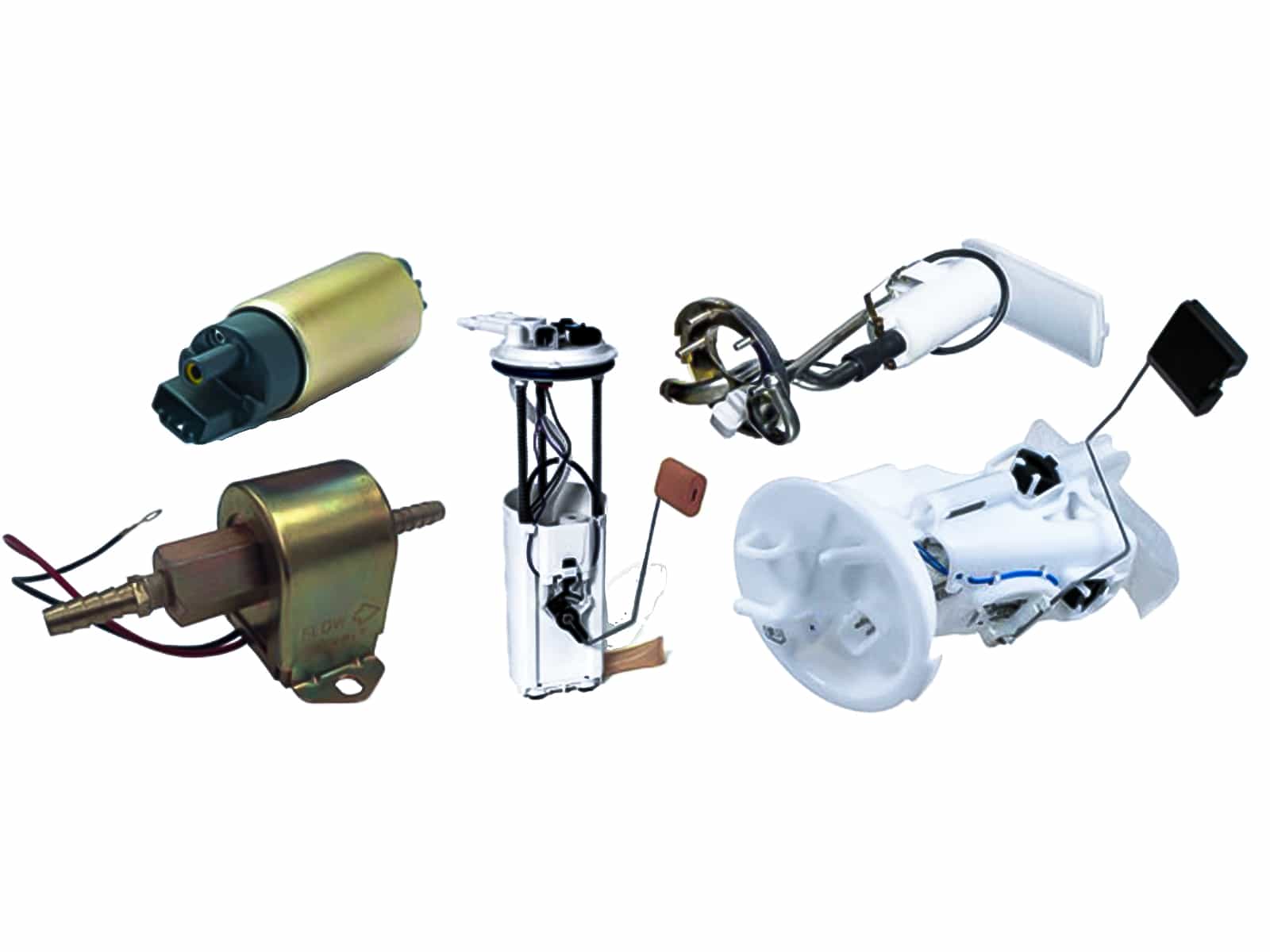Fuel pumps are an essential component of any vehicle's fuel system, responsible for delivering the right amount of fuel to the engine. While their importance cannot be overstated, many people wonder why fuel pumps are so expensive. In this blog post, we will delve into the intricate mechanics of fuel pumps, exploring the reasons behind their high price tags. By understanding the complexities involved, we can gain a deeper appreciation for the value they bring to our vehicles.
- Precision Engineering and Manufacturing:
Fuel pumps are meticulously engineered to meet strict performance standards. They are designed to deliver fuel at a precise pressure and flow rate, ensuring optimal engine performance. Achieving this level of precision requires advanced manufacturing techniques, such as computer numerical control (CNC) machining and high-quality materials. These factors contribute to the higher cost of fuel pumps compared to other automotive components. - Durability and Reliability:
Fuel pumps are subjected to harsh operating conditions, including exposure to high temperatures, pressure, and corrosive substances. To withstand these challenges, fuel pumps are built with durable materials, such as stainless steel and reinforced polymers. Additionally, they undergo rigorous testing to ensure reliability and longevity. The cost of these robust materials and extensive testing processes adds to the overall expense of fuel pumps. - Advanced Technology and Innovation:
As automotive technology advances, fuel pumps have evolved to meet the demands of modern engines. Many vehicles now feature high-pressure direct injection systems, which require fuel pumps capable of delivering fuel at significantly higher pressures. These advanced fuel pumps incorporate innovative technologies, such as variable speed controllers and electronic sensors, to optimize fuel delivery. The integration of these cutting-edge features contributes to the higher cost of fuel pumps. - Regulatory Compliance:
Fuel pumps must comply with stringent safety and environmental regulations. They are designed to prevent fuel leaks and minimize the risk of fire hazards. Meeting these regulatory standards necessitates additional engineering and testing, further driving up the cost of fuel pumps. Additionally, fuel pumps are often required to meet specific emission standards, which may involve the incorporation of additional components, such as vapor recovery systems, adding to their overall expense.
Conclusion:
The high cost of fuel pumps can be attributed to a combination of factors, including precision engineering, durability requirements, advanced technology, and regulatory compliance. While they may seem expensive, it is important to recognize the critical role fuel pumps play in ensuring efficient and reliable engine performance. By investing in high-quality fuel pumps, vehicle owners can enjoy the benefits of improved fuel efficiency, reduced emissions, and enhanced overall driving experience.

